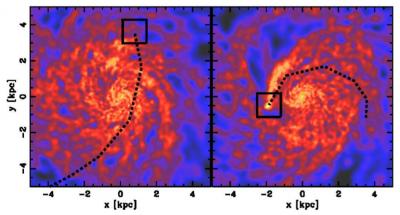Marcio Faerman, a scientific research manager at the Ohio Supercomputer Center (OSC), recently received a $10,000 grant from a joint partnership between The Ohio State University and the Sao Paulo Research Foundation (FAPESP).
Faerman’s research, one of 24 projects awarded under this new program, focuses on the beginning stages of building a digital bridge for research collaboration between OSU and the Sao Paulo campuses. Ohio State and FAPESP are each contributing $700,000 to begin the five-year program to support research and innovation.
